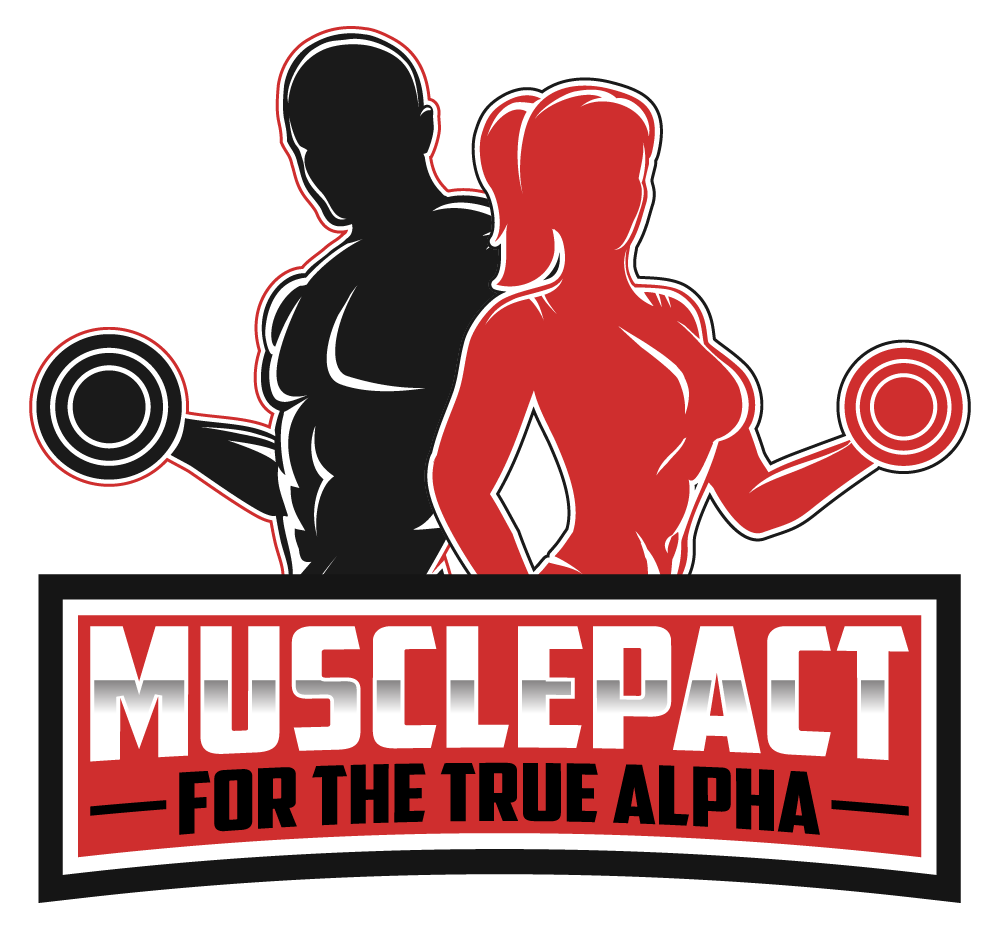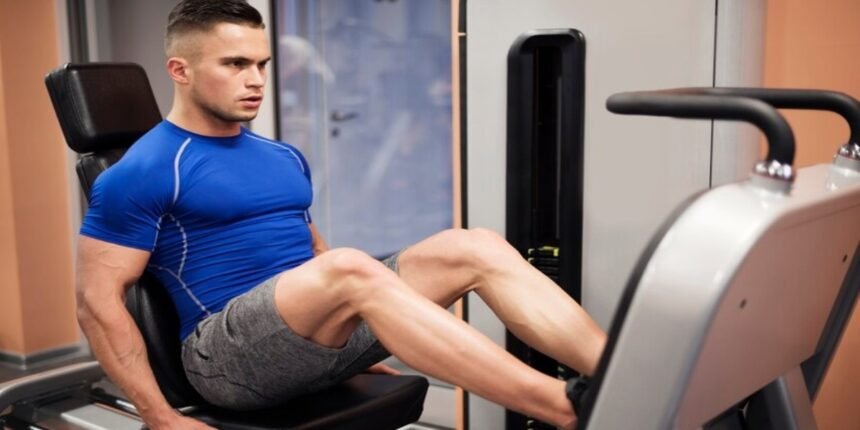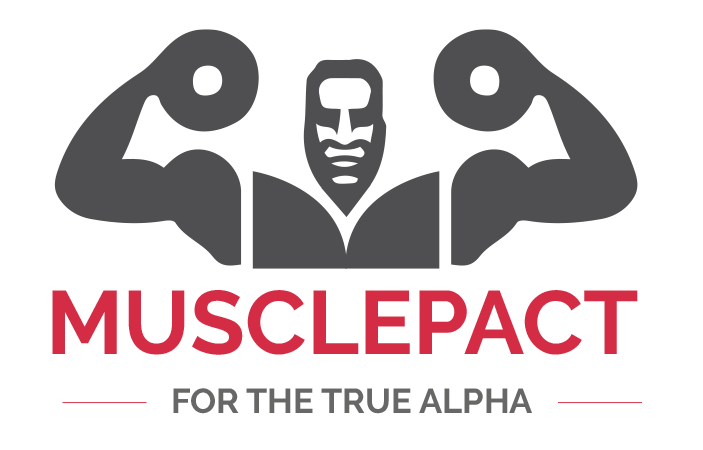Leg compound exercises are basic strength movements that involve multiple muscle groups and joints simultaneously. Squats are among the most effective exercises for strength, muscle mass, and functional fitness—they should be a staple in any lower body performance training program. This guide breaks down compound leg exercises, including their benefits, best exercises, form tips, and how to include them in your leg workouts.
What are Compound Leg Exercises?
Compound exercises use multiple muscle groups and joints. Isolation exercises, on the other hand, target a specific muscle and generally involve only one joint. A squat, for instance, hits the quads, hamstrings, glutes, and calves while also activating the core and stabilizer muscles.
Key Characteristics:
- Multi-joint Movements: Compound leg exercises involve many joints in one (or multiple) movement (e.g., hips, knees, ankles).
- Muscle Activation: They hit major muscle groups simultaneously, building total body strength and stability.
- Functional Benefits: These exercises mimic real-life movements and improves functional fitness for daily activities and sports.
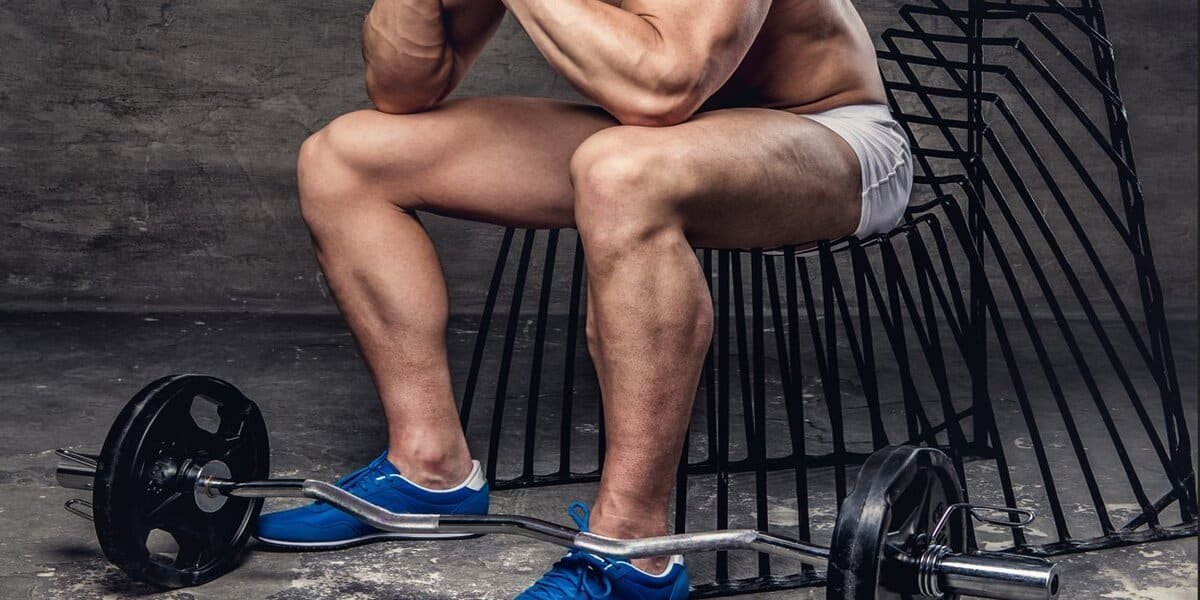
Compound Leg Exercises benefits
- Greater Muscle Hypertrophy: Studies suggest that compound exercises are more effective in promoting muscle hypertrophy (growth) due to their capacity to overload multiple muscle groups simultaneously. This results in greater mechanical tension and hormonal response than isolation exercises.
- Greater Gains in Strength: Compound leg exercises allow you to use heavier weights, leading to greater strength gains. Lifting heavier weighs allows you to do well in different physical activities.
- Enhanced Coordination and Balance: Compound movements require you to stabilize your body under load, improving both coordination and balance. This is especially helpful for athletes who need these skills in their sports.
- Saves Time: Compound exercises target several muscle groups at once, making a workout routine more time-efficient while still offering expansive training benefits.
- Functional: These moves will strengthen your muscular endurance and strength, making daily tasks such as squatting, lifting, and jumping easier.
- Higher calories burned: Because of their intensity and the number of muscles they involve, compound exercises naturally burn more calorie than isolation movements, providing a very effective means to manage weight or lose body fat.
- Reduced Risk of Osteoporosis: Heavy lifting with compound exercises can increase bone density over time.
Top 7 Compound Leg Exercises
These are some of the best compound leg exercises that should be added to almost any lower body workout routine for optimum results:
1. Barbell Squat
Muscles Targeted: Quadriceps (rectus femoris, vastus lateralis), hamstrings (semitendinosus), glutes (gluteus maximus).
Technique Tips:
- Stand with feet shoulder-width apart.
- Keep your chest up and back straight.
- Lower your body by bending at the knees and hips until your thighs parallel the ground.
- Push through your heels to return to standing.
2. Deadlift
Muscles Targeted: Hamstrings (biceps femoris), glutes (gluteus maximus), lower back (erector spinae).
Technique Tips:
- Stand with feet hip-width apart with a barbell over your midfoot.
- Bend at your hips and knees to grasp the bar.
- Keep your back flat as you lift the bar by extending your hips and knees simultaneously.
3. Bulgarian Split Squat
Muscles Targeted: Quadriceps (vastus medialis), glutes (gluteus maximus), hamstrings.
Technique Tips:
- Stand a few feet before a bench with one foot elevated behind you.
- Lower your body until your front thigh is parallel to the ground.
- Press through your front heel to return to the starting position.
4. Leg Press
Muscles Targeted: Quadriceps (vastus lateralis), hamstrings (semitendinosus), glutes.
Technique Tips:
- Sit on the leg press machine with feet shoulder-width apart on the platform.
- Lower the platform by bending your knees until they are at a 90-degree angle.
- Push through your heels to extend your legs to the starting position.
5. Walking Lunges
Muscles Targeted: Quadriceps (rectus femoris), hamstrings (biceps femoris), glutes (gluteus maximus).
Technique Tips:
- Step forward with one leg and lower your hips until both knees are bent at about a 90-degree angle.
- Push off your front foot to bring your back foot forward into the next lunge.
6. Hip Thrust
Muscles Targeted: Glutes (gluteus maximus), hamstrings.
Technique Tips:
- Sit on the ground with your upper back against a bench and roll a barbell over your hips.
- Plant your feet flat on the ground shoulder-width apart.
- Drive through your heels to lift your hips towards the ceiling.
7. Snatch Grip Romanian Deadlift
Muscles Targeted: Hamstrings (biceps femoris), glutes (gluteus maximus), lower back.
Technique Tips:
- Stand with feet hip-width apart, holding a barbell with a wide grip.
- Hinge at the hips while slightly bending your knees as you lower the barbell along your legs.
- Engage your glutes to return to standing.
Adding Compound Leg Work to Your Workouts
To incorporate compound leg exercises into your workout routine:
- How Often: Aim for at least two sessions targeting the legs every week, with sufficient recovery time between each.
- Choose appropriate volume and intensity: Begin with moderate weights that permit 8-12 repetitions/sets for hypertrophy or 4-6 for strength. As you get stronger, increase your weight.
- Warm-Up: Always include an appropriate leg-specific warm-up that consists of dynamic stretching and mobility before any heavy lifting.
- Cool-Down: Stretching after a workout may improve flexibility and assist with recovery.
- Progressive Overload: To make progress, gradually increase the weights or repetitions over time as you get stronger.
- Variation: Add different variations of these exercises from time to time to avoid plateaus and keep things interesting.
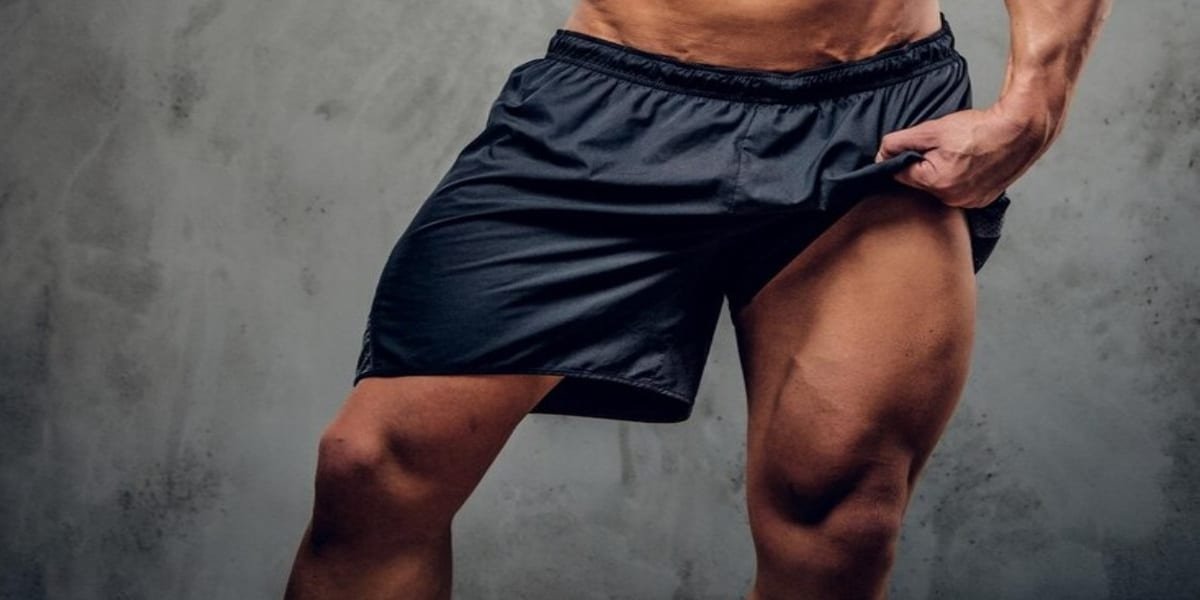
Conclusion
Anyone who wants to build strength and muscle in their lower body should do compound leg exercises at some point. If you know what they offer and how to perform the squat, deadlift, lunge, and press (which you must), your athletic performance and everyday performance will benefit immensely. Remember, as with everything, keep form in mind to maximize your benefit and minimize injury.
Check these exercises for intense arm workouts. Also, follow us on Facebook to be the first to read the latest guides.
Sources:
- www.pmc.ncbi.nlm.nih.gov/articles/PMC4592763/
All images from freepik.com
